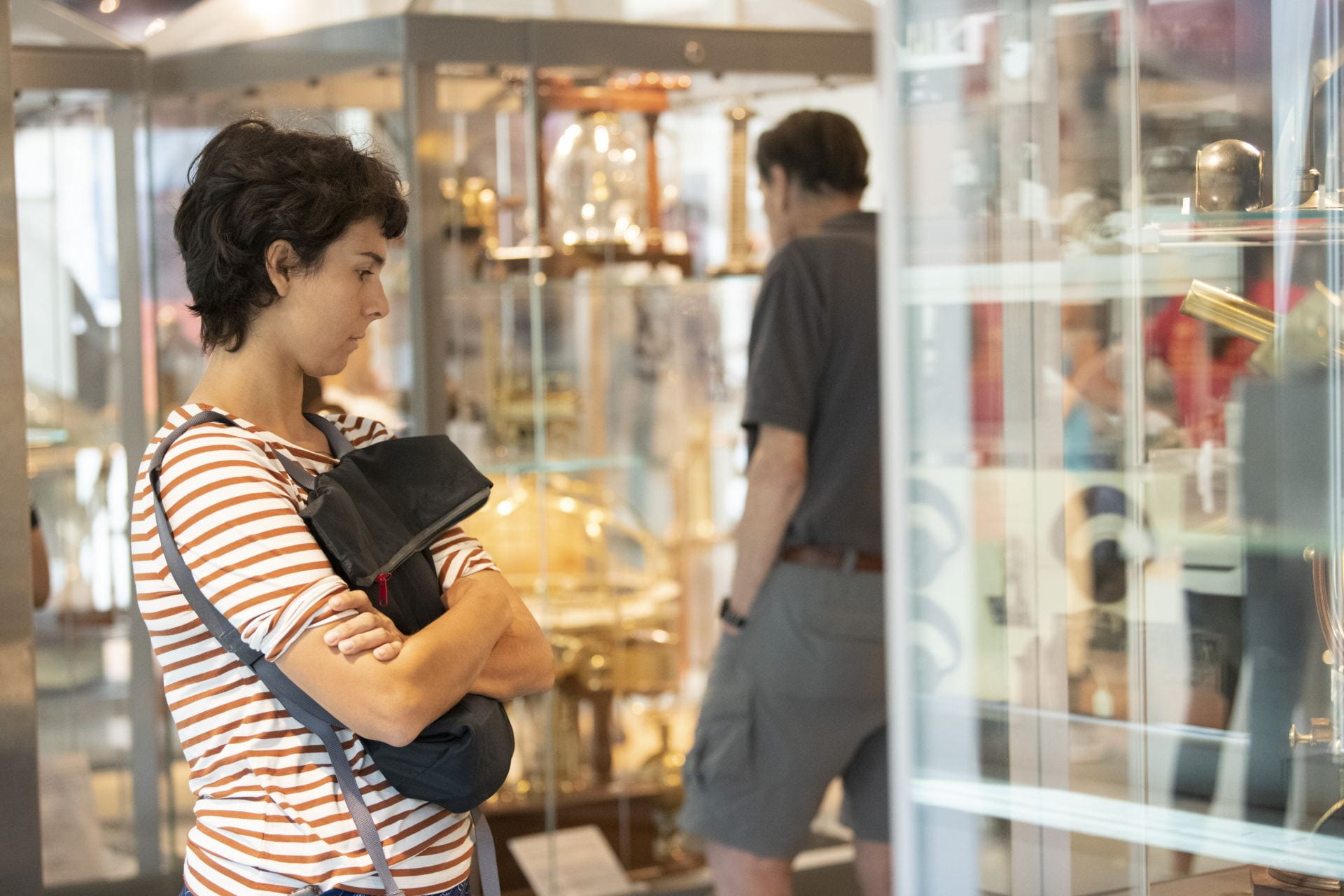May 2, 2024
Molly Przeworski – Alan H. Kempner Professor of Biological Sciences & Systems Biology, Columbia University
Natural populations harbor extensive genetic diversity. In humans, these genetic differences are being used to predict some individual traits, such as height; cancer risk; and even educational attainment. Population geneticist Molly Przeworski introduces the idea behind these predictions and highlights some of their pitfalls, notably the difficulty of disentangling genetic and environmental effects. She also discusses how similar approaches can be used to predict the response of non-model organisms to strong selection pressures from climate change, with an example from corals.
About the Speaker: Molly Przeworski is a population geneticist at Columbia University. She is interested in the evolutionary roots of heritable variation within and between species. Her research focuses primarily on the two processes that generate genetic variation, mutation, and recombination, and why they differ among vertebrate species. Research in her lab has also clarified how natural selection operates in human populations: notably, it has demonstrated that few recent human adaptations involved new, single changes of large effect and helped characterize the footprints of other forms of adaptation in genetic variation data. In parallel, her group has worked on mapping trait variation to the genome, both to investigate what associations are being detected in humans and to extend the approach to non-model organisms subject to strong selection pressures from climate change. Dr. Przeworski holds a BA in mathematics from Princeton University and a PhD from the Committee on Evolutionary Biology at the University of Chicago. She then conducted postdoctoral research in the statistics department of the University of Oxford. Before moving to Columbia University, she was a researcher at the Max Planck Institute for Evolutionary Anthropology and a faculty member at Brown University and the University of Chicago. Her work has been recognized by the Rosalind Franklin Award from the Genetics Society of America, a Sloan Research Fellowship, a Howard Hughes Medical Institute Early Career Scientist Award, and the Scientific Achievement Award from the American Society of Human Genetics. She is a member of the American Academy of Arts and Sciences and the National Academy of Sciences. Presented in collaboration with the Department of Organismic and Evolutionary Biology, Harvard University.
